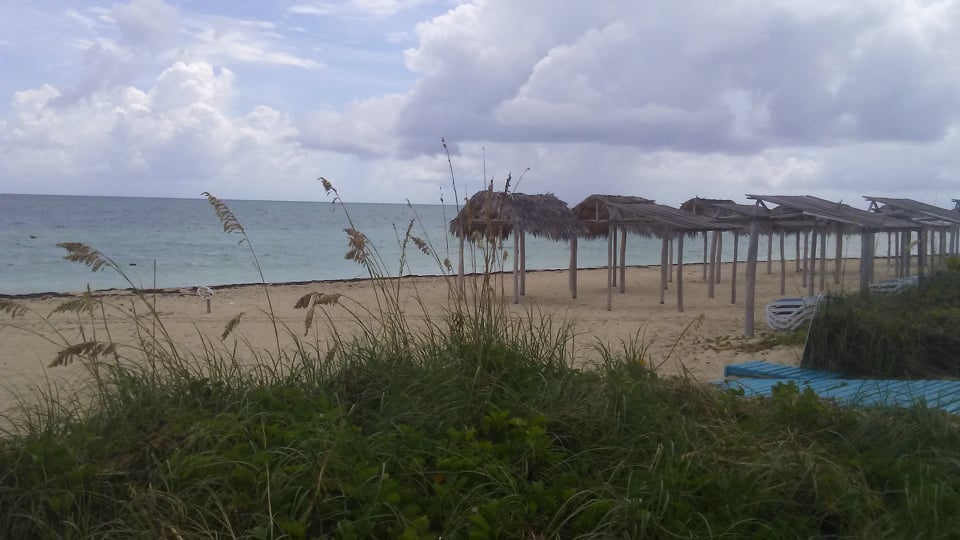
The Biofood (CIBA by its Spanish initials) and Biofactory centers project the in vitro reproduction of beach rice to guarantee plant coverage in the coastal areas of Jardines del Rey benefited with dumping of sand and the elimination of invasive species in the province of Ciego de Ávila.
The use of emporary immersion bioreactors will make possible to obtain a greater number of pathogen-free plants in less time and space, as the Master in Agricultural Sciences Danay Rodríguez Ramos, associate researcher at CIBA, explained.
"This in vitro reproduction technique stimulates the growth of plants through sudden changes in feeding, achieved through an automated system that immerses them in a flask with culture medium, for specified times, and then returns them to the container where they develop" the scientist described.
Beach rice has risumato roots that promote the accumulation and retention of sand, therefore, it strengthens the structures of the dunes to minimize the impact of waves, wind and erosion induced by anthropogenic factors.
The use of agroecological techniques will make up for the deficit of imported inputs and reduce the contamination of this ecosystem, where birds, insects and reptiles coexist, whose survival depends, to a great extent, on the proper management of the area and the development of the coastal flora.
Based on the effectiveness demonstrated in other sowings, worm humus will be used as fertilizer and efficient microorganisms such as growth biostimulants and solar fertilizers of dune plants will be introduced experimentally, with the aim of advancing in the reestablishment of vegetation from the coast.
The stablishment of native plants on the dunes formed after the dumping of sand made possible to reduce erosion in 1,350 square meters (m2) of beach during the 2018-2020 period, according to statistics from the CITMA Provincial Delegation.
It was also possible to reduce the presence of exotic species in 21,550 m2 of coastal dunes and, currently, the CIBA is promoting a project aimed at the reproduction of native plants for dune ecosystems and hotel gardening, with the aim of reducing the presence of invasive plants that affect biodiversity.
The actions for the protection of the dunes are contemplated in the Cuban State Plan to face climate change and, in the particular case of the Jardines del Rey tourist destination, they also respond to the interest in achieving the sustainable development of the leisure industry.
